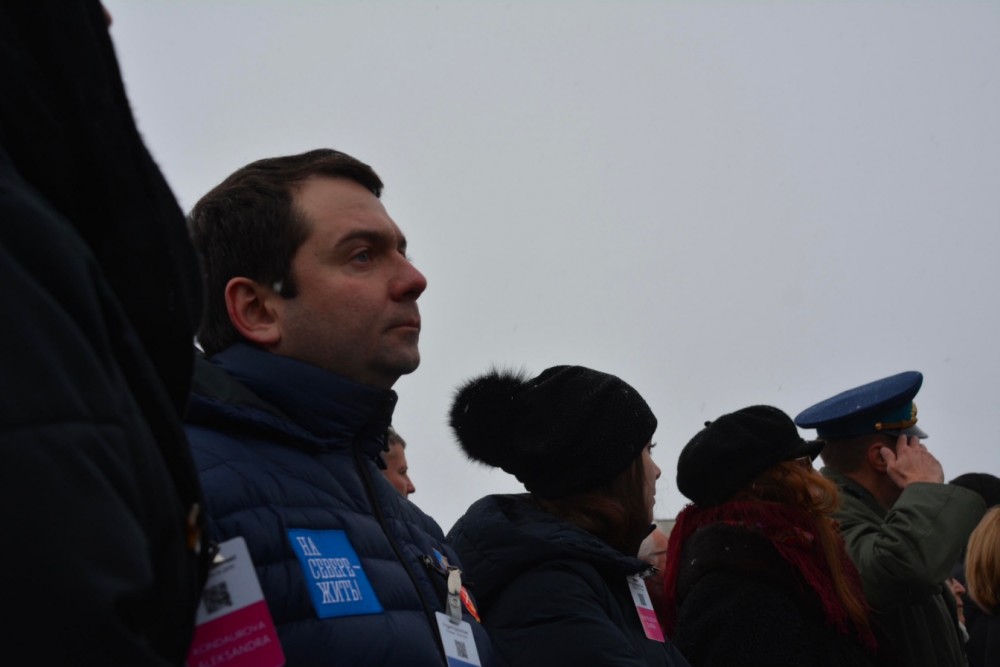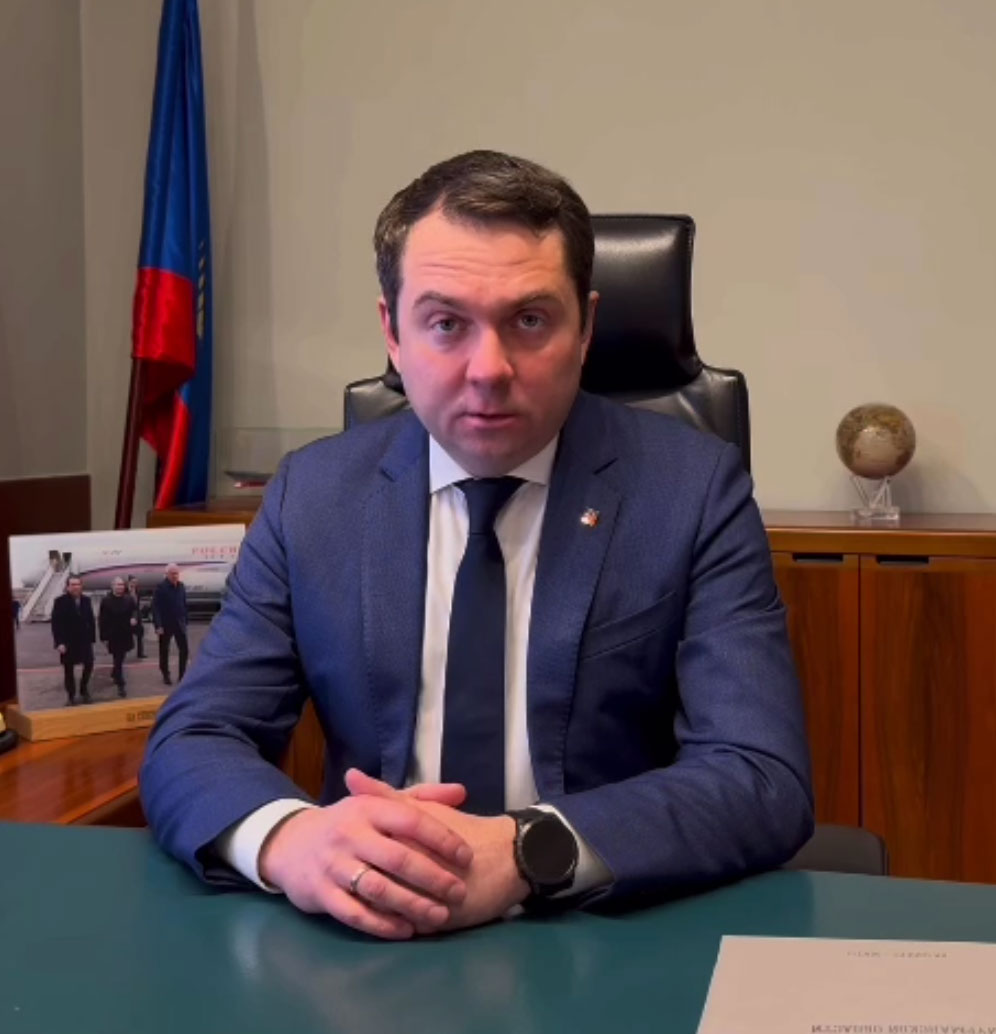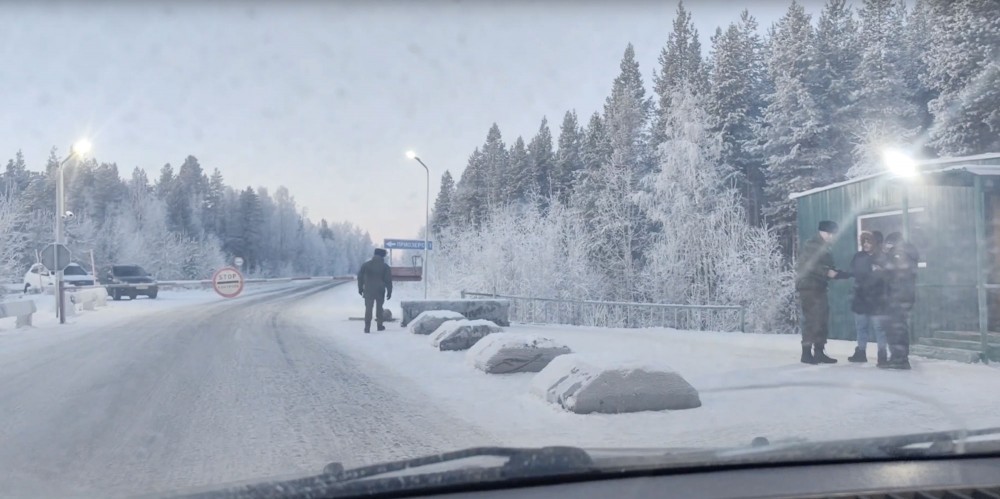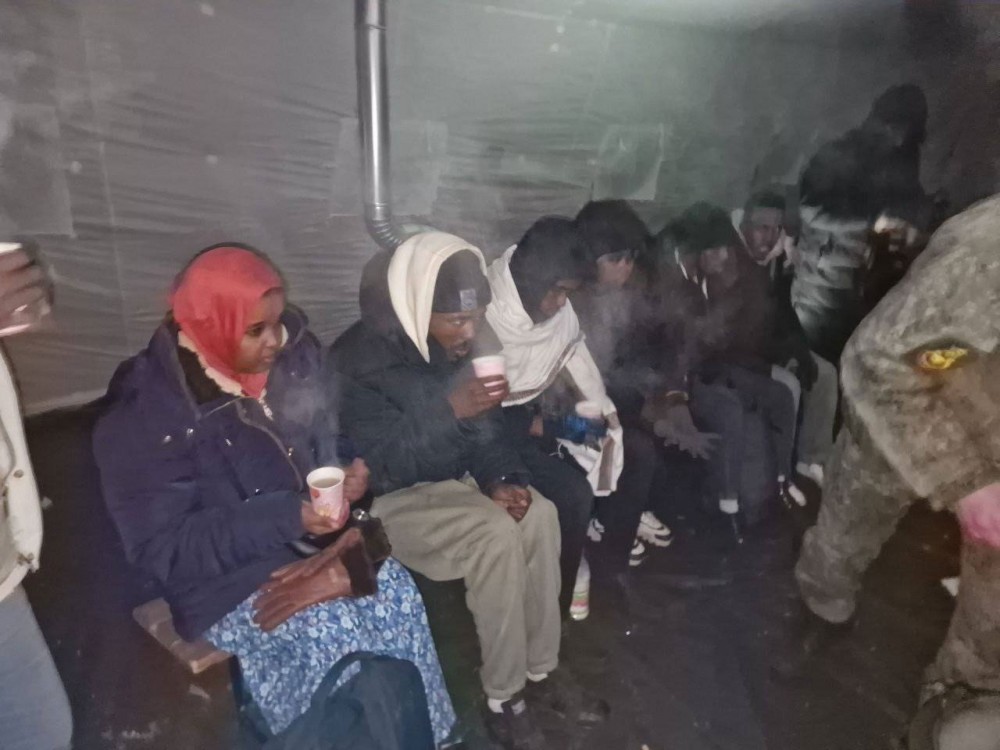Murmansk Governor says migrants are starting to leave border-crossing points to Finland

The erection of new checkpoints in the Kola Peninsula has helped ease the migrant situation, Murmansk Governor Andrei Chibis says. According to the regional leader, migrants without valid documents are now starting to “turn around and leave.”
The number of migrants at the Salla border-crossing point now totals about 400, Chibis wrote on his Telegram channel late evening Wednesday the 22nd of November. Only 24 hours earlier, the governor had estimated the number to 300.
However, on Thursday afternoon Chibis announced a shift in the situation. According to the Governor, people without valid traveling documents were starting to leave the area. The shift comes after the Murmansk Government announced ‘a regime of high alert,’ Chibis explained. Several new checkpoints are built and border guards and law enforcement authorities have started a comprehensive checking of documents, he said.

In a social media post made only few hours earlier, Chibis had warned that the number of foreigners passing through Murmansk was likely to multiply as Finland closed border-crossing points to Russia, leaving only the northernmost crossing point of Raja-Jooseppi open.
Pressure is now likely to significantly increase on Murmansk, the Murmansk regional government warned. In a meeting late Wednesday, the regional government decided to announced a ‘regime of high alert’ and said that “a series of additional security measures for our citizens” was established.
According to Chibis, the new measures were instrumental in easing the situation. “The establishment of the checkpoints has stimulated the foreigners to return to their cars and go back,” he says in a video announcement. He also confirms that there on the 22nd of November were attempts by migrants to illegally “break through the border.”
At the same time, it becomes clear that authorities in Murmansk plan to establish three reception points for migrants heading towards Finland. The centers will be located in Murmansk City and the towns of Kola and Kandalaksha, B-port reports.

In the announcement, Chibis reiterates his verbal attacks on Finland. “Our main mission is to take all necessary measures to preserve law and order in the region, irrespectively of the unfriendly and provocative actions of Finland that has closed the border-crossing points.”
Earlier this week, the regional governor described the situation as a ‘humanitarian crisis’ and put the full blame for the situation on the Finns.
“The foreigners are not able to cross the border and it is the Finnish side that is to blame,” Chibis said.
“The NATO country is artificially creating this jam […],” he underlined and said that his administration was doing “all it can to offer support.” At the same time he indicated that Finland does not “show a human face.”

According to the Murmansk Government, a total of 50 people were let across the Salla point south in the Kola Peninsula on the 22st of November.
On the 23rd of November, the last open day of the crossing point, Finnish Border Guards informed that 58 people had arrived at the Finnish side.
Meanwhile, there has so far been no public information about migrants making it to Raja-Jooseppi.
Nearby is also the border to Norway. Previously, representatives of Norwegian authorities have underlined that they are following the the situation closely and that the Storskog border crossing point will be closed if considered necessary.
There is mounting evidence that the migrant situation is orchestrated by the Russian side.
Finnish authorities are confident that Russian security services are behind the migrant flows. When visiting the border crossing point of Vartius on Monday, Prime Minister Petteri Orpo explained that there are indications of an organized Russian effort to push the migrants to Finland.
Also investigations conducted by the Barents Observer point at the Russians. Earlier this week, a hotel receptionist in the north Russian town of Kandalaksha told journalists that migrants had spent the night in the hotel and that they were assisted by Russian services.
Located in Kirkenes, Norway, just a few kilometres from the borders to Russia and Finland, the Barents Observer is dedicated to cross-border journalism in Scandinavia, Russia and the wider Arctic.
As a non-profit stock company that is fully owned by its reporters, its editorial decisions are free of regional, national or private-sector influence. It has been a partner to ABJ and its predecessors since 2016.
You can read the original here.